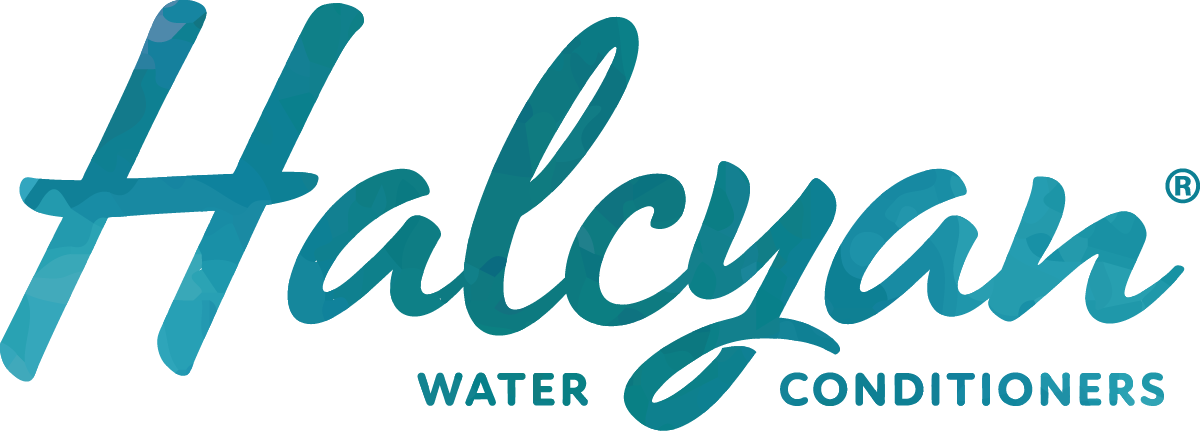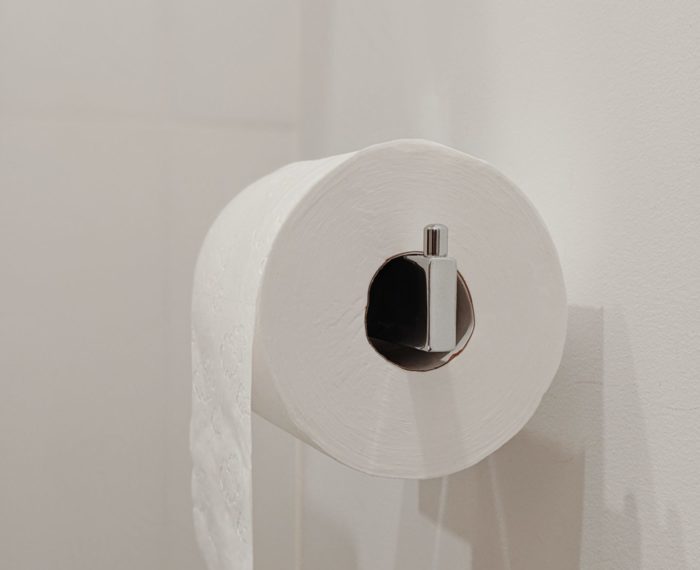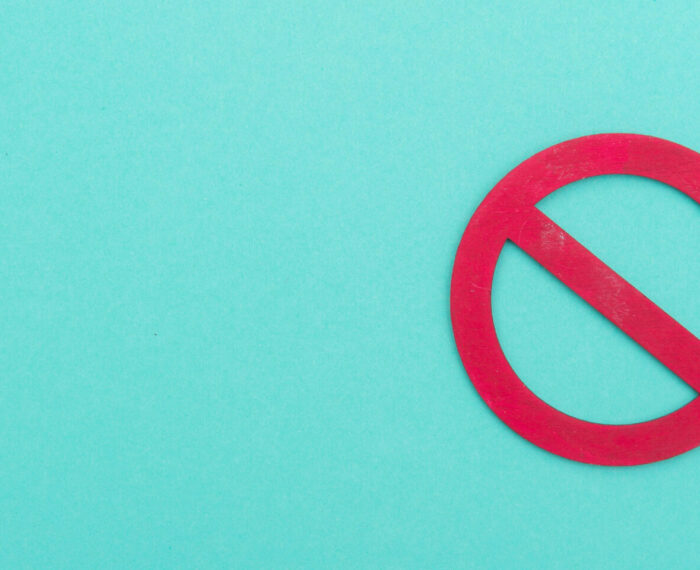Living in a hard water area, you recognise the common signs, such as limescale on taps, glasses that stay cloudy after washing, soap that doesn’t foam properly and appliances that wear out prematurely. Many households facing this issue decide between installing a home water softener or choosing a home water conditioner.
Both systems are generally brought up in the same discussion but function through entirely dissimilar processes. Through this guide we’ll evaluate both water conditioning options based on ease of use, cost of ownership, sustainability and effectiveness, to help you choose the best water treatment system for your home and lifestyle.
What’s the Difference?
Water softeners remove calcium and magnesium, the main minerals that cause water hardness, from water by using an ion exchange process. Sodium (salt) substitutes the minerals that inhibit limescale buildup inside pipes and household appliances.
The function of a home water conditioner differs because it retains the minerals within the water. This system modifies the physical composition of hard water minerals preventing them from bonding to surfaces and forming hard limescale deposits. The minerals persist in the water but exist in a state that cannot form limescale.
Ease of Use
For most homeowners, simplicity is key. Installing and maintaining a home water conditioner proves to be the simplest process for most homeowners. After installation there are no maintenance needs because the system needs no salt top-ups and lacks filters that need cleaning or replacing. The water conditioner operates silently and provides uninterrupted protection for your home while requiring zero effort from you.
Home water softeners need consistent maintenance from users. The system requires regular salt replenishments along with monitoring of regeneration cycles and infrequent maintenance sessions. A power source and a drain connection are essential for flushing the system during regeneration.
Cost of Ownership
The initial installation costs for a home water softener or conditioner generally show little difference depending on the specific model and configuration. However, the long-term costs differ significantly.
Softeners have ongoing expenses. Operating a water softening system requires regular salt purchases while electricity and water usage may contribute to ongoing operating costs. These small but regular expenses accumulate to substantial amounts over time.
Water conditioners for homes that use passive salt-free technology usually do not require any operating expenses. After installation they need neither consumables nor electricity and also require no maintenance. Their ability to operate without ongoing expenses makes them a more cost-effective choice over time.
Environmental Impact
More households today prioritise sustainability because it makes sense to do so. Home water conditioners stand out as the superior choice in this field.
Traditional water softeners need salt that has to undergo mining, processing, packaging, and transportation. The regeneration process of water softeners discharges salt-tainted wastewater into drains that potentially harm nearby water bodies and the surrounding soil.
Conditioners operate without any need for salt, chemicals or electrical power. During operation the unit avoids environmental discharge and prevents water wastage. Choosing a water conditioner represents the best option for minimising your environmental impact.
Effectiveness Against Limescale
Both protection systems work effectively against limescale but they use different methods to achieve this result.
Water softening systems extract all hardness minerals resulting in completely soft water. The absence of limescale formation results in improved soap lathering and skin texture after showers while enhancing appliance longevity.
Conditioners function by stopping minerals from attaching themselves to surfaces instead of stripping them away. Your kettle, boiler and shower head stay free of limescale buildup which maintains the efficiency of your appliances. Your water might lack the soft, slippery sensation that softeners produce and soap lathering may take longer however the main goal for many users is to prevent scale buildup, which water conditioners handle very effectively.
Health and Drinking Water
This is where we see the biggest difference between the two:
Experts recommend avoiding softened water for drinking because softeners introduce sodium into the water which can conflict with low-sodium diets and certain health conditions. Many homes with softeners choose to add a separate tap for drinking water leading to an increase in both installation and plumbing complexity.
Water conditioners maintain the existing chemical composition of water. Water conditioners maintain vital minerals such as calcium and magnesium while not introducing any new substances and remain completely safe for consumption. Using water conditioners throughout a house eliminates the necessity for extra taps or filtration systems because they function effectively as is.
Day-to-Day Experience
The deciding factor for your choice may be based on how you want to experience your water.
When you use a softener, the texture of your water alters to become silkier and more slippery according to most user descriptions. Your bathing routine will become more efficient because soap and shampoo will create more lather and your skin along with your hair will achieve a softer texture. The improved feel of water through a softener system requires you to handle increased maintenance work and accept greater environmental impacts.
Although a conditioner doesn’t change the feel of your water significantly it provides advantages by reducing limescale buildup and increasing appliance efficiency without needing any maintenance work from you. For many households, that’s a worthwhile trade-off.
Which Is Right for You?
A home water softener is the best choice if you need extremely soft water and are okay with regular maintenance and salt refills.
When you need an effective solution that requires little upkeep and supports environmental sustainability to stop limescale from forming in your house, home water conditioners stand out as the best choice. Your appliances receive protection, while cleaning efforts decrease and your budget remains stable because this solution does not require salt addition to water or extra tasks.
Final Thoughts
Water softeners and water conditioners resolve the same issue through distinct mechanisms. The optimal selection varies based on your living situation combined with your personal habits and what priorities you hold in highest regard, such as, ease of use, cost efficiency, health aspects or sustainability.
Halcyan operates under the principle that limescale prevention should not require sacrifices from your daily schedule nor harm your health or our planet. Our specialisation lies in water conditioning systems that provide long-term protection and operate without any maintenance or waste production.



